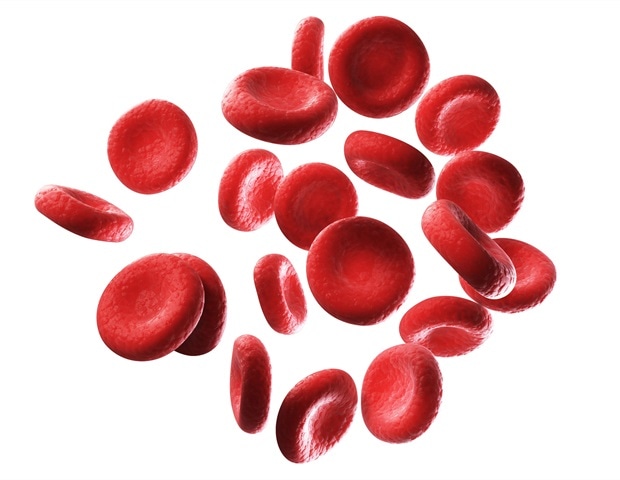Immune cells called monocytes produce a key inflammatory protein called interleukin-1 beta (IL-1β) through an unconventional pathway in patients with systemic lupus erythematosus, commonly referred to as lupus, according to a new study by Weill Cornell Medicine investigators. The findings, published Oct. 7 in Immunity, could lead to new treatments targeting IL-1β to better manage inflammation in patients who don't respond well to existing therapies.
Lupus is a chronic autoimmune disease in which the body's immune system attacks its own tissues, leading to widespread inflammation that can affect the skin, joints, kidneys and heart. There are 20 to 150 cases per 100,000 people in the United States, according to the medical reference source UptoDate. While a genetic basis can be identified in a fraction of patients, the exact cause remains unclear in most of them.
The disease is known, however, to involve overproduction of type I interferons (IFNs)—proteins that help the body fight viruses but can also drive harmful inflammation in autoimmune conditions. Yet some lupus patients fail to fully respond to treatments blocking IFNs, prompting the investigators to look for another culprit. Lupus is considered an 'interferonopathy' because almost all patients show elevated interferon activity in their blood and tissues.
It was surprising to find co-activation of both interferon and IL-1β pathways in lupus monocytes, since these proteins typically negatively regulate each other in .


















